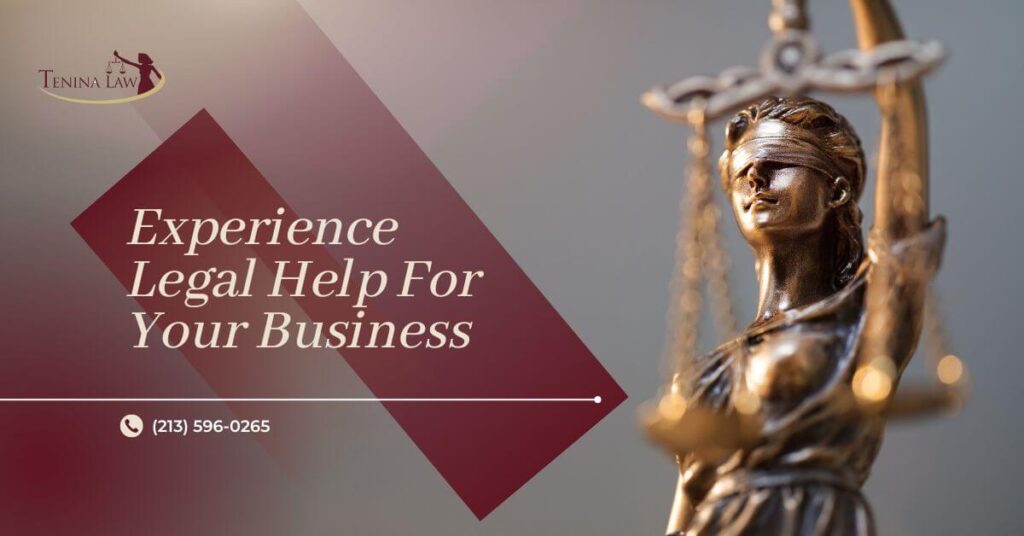
Most personal injury attorneys work on “contingency fees” somewhat like a “Lawyer’s fee”. Meaning that their fee depends on the case’s outcome.
Most cases involve a lawyer working on a ” contingent fee”. You will have to pay a percentage of your winnings or settlement if you are successful. If you lose, you do not have to pay a lawyer’s fee. You’ll have to pay ” expenses”, such as court filing fees, whether you win or lose.
How Much Will My Personal Injury Lawyer’s Fee or Charge?
A lawyer’s contingent fee in most personal injury claims is between 33% to 40% of the compensation they get for you. A lawyer who accepts a case on contingency is taking a high-risk and high-reward bet on your case. In exchange for a high stake in the case, you don’t have to pay a lot upfront.
A personal injury lawyer receives 33% of the settlement or award in most cases. If you received a $30,000 settlement from the insurance company of an at-fault person, you could keep $20,000, and your lawyer could take $10,000.
You will be liable to reimburse your lawyer, whether you win or lose (called “costs & expenses”), for certain expenses incurred by the lawyer in order to investigate, negotiate, and pursue your claim. You will benefit from having the costs and expenses subtracted before the lawyer’s fees are calculated.
Negotiate a Lower Contingency Fee!
Some lawyers may be willing to negotiate a lower percentage of contingency fees if, for example, you have already researched your case and collected all the documentation you need to back up your claim.
Find out more about working with and hiring an attorney, and when it is best to represent oneself.

The “Sliding Scale Option”
Some lawyers offer contingency fees that take into account how far a case has advanced before settlement. It is sometimes called a sliding scale. If, for example, your lawyer is able to settle your case by negotiating only with an adjuster then your lawyer may agree to receive 25% of the settlement.
If your lawyer must file a lawsuit before you accept the settlement offer, the lawyer’s percentage is likely to be 33% (or 40% if a trial is scheduled). As your case approaches trial, your lawyer will be required to do more work and increase the percentage of contingency fees.
A lawyer’s percentage fee can vary depending on the complexity and risk of a case. If your case is complex or high-risk, a lawyer may want to take a larger percentage of the recovery. However, if your case is straightforward and likely to settle quickly, they might accept a smaller percentage.
Costs and Expenses in a Personal Injury Case
Personal injury lawyers usually cover costs and expenses on a regular basis and deduct these from the settlement or award. Personal injury lawyers rarely charge clients for expenses and costs as they arise.
In a personal injury claim, costs and expenses may include
- Copying charges for police and medical reports
- Expert witness fees
- Postage
- Court filing fees
- investigators
- Depositions
- Transcripts are available in English and
- Trial exhibits
Costs and expenses add up fast, sometimes reaching thousands of dollars. Lawyers’ fees, costs and expenses can easily total 45%-60% of your settlement.
As an example, let’s say that your personal injury lawsuit settles at $30,000 after filing a suit. You must reimburse your attorney for expenses and costs totaling $6,000 Your lawyer will subtract $6,000 from your settlement to leave $24,000. Your lawyer will charge you $7,920 (33 percent of $24,000) leaving you with only $16,080.
Some lawyers may try to subtract their fees before deducting costs and expenses. This will result in you getting a smaller share of the pie. Be sure that your fee agreement states that the costs are deducted first before your lawyer’s fees are calculated.
Who Pays for Costs if You Lose Your Case?
If you and your lawyer don’t reach a settlement, you may be responsible for the costs and expenses. You can choose from:
- The lawyer will not ask you to reimburse his office for any costs if there is no recovery.
- The lawyer will split the cost with you or
- You agree to reimburse all expenses and costs incurred by the attorney.
This is something you should discuss with your attorney at the beginning of your case. Make sure that it’s included in your written agreement.
You Will Receive the Settlement Check Through Your Lawyer
It is likely that your settlement check will be sent to your attorney first. The check will be deposited in a special bank account by your lawyer. Your lawyer will then pay any liens that may exist against your settlement, such as unpaid bills to healthcare providers and insurers. A lawyer will then deduct legal fees and costs in accordance with your fee agreement.
Your lawyer should give you an itemized list. Your local or state bar may have a fee dispute arbitrator program that can help you resolve your issue.

What Happens if You Fire Your Lawyer Before the Case Is Over?
You will still be liable for the fees and expenses of your previous lawyer, whether you decide to switch lawyers or represent yourself. Your former lawyer could even keep your file until you have paid the fees and costs due to them. Your former lawyer can also sue to collect unpaid costs and fees or file an attorney lien to recover the unpaid costs and fees from your final judgment.
Different Types of Fee Arrangements
Lawyers use a variety of fee arrangements, including contingent fees. Fee arrangements can also include:
- Flat or fixed fees. An attorney charges a specific amount for routine legal matters, such as a simple divorce, traffic tickets, or expungement.
- An hourly fee. The most common type of attorney fee arrangement. The lawyer charges an hourly rate. Rates vary from lawyer to attorney. You can ask the lawyer for an estimate of how long your case may take so that you know what the total cost will be.
- Retainer Fee. Lawyers who charge hourly fees may ask for a retainer payment. The retainer is deducted from legal fees until it’s exhausted. You will be billed for any additional time that was spent on your case, or asked to pay a retainer. You may be asked to pay a retainer to ensure that the lawyer is available to accept your case or to have the lawyer on call for a certain period to deal with your legal issues.
You might hire a lawyer for advice if you do not want to pay the contingency fees of a personal injury attorney, also you can be able to pay an hourly fee to a lawyer if you only need advice. You could, for example, hire a lawyer who will review the letter of demand that you intend to send after an accident to another driver’s insurer. The lawyer will not handle your claim but may spend a few hours helping you to fine-tune the letter in order to receive the best settlement offer possible from the insurance company.
Can I Get the Other Party to Pay My Lawyer Fees?
The “American Rule” is the rule that, in the United States of America, you pay your own attorney whether you win or lose.
You can only get the other party to pay for your attorney fees if:
- A statute (law), which requires that the losing party pay attorney’s fees
- A contract may require payment of attorney’s fees or
- In the interests of justice and fairness, a court may impose attorneys’ fees on the opposing party.

Having Trouble with Your Case?
Contact Tenina Law today! we have the best personal injury team of Lawyers to handle your case!






